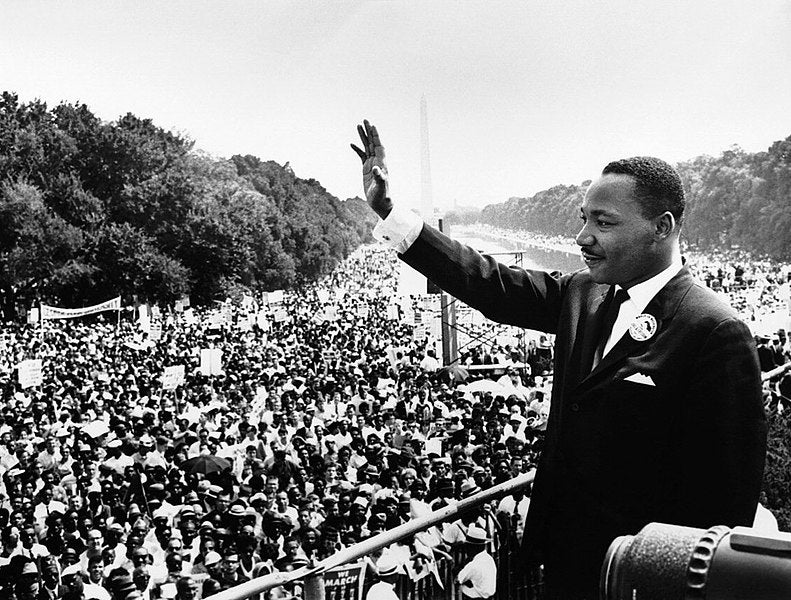Author and historian Taylor Branch stopped by the Aspen Institute to discuss his latest tome, “The King Years: Historic Moments in the Civil Rights Movement” (Simon & Schuster, 2013). He’d recently boiled down his trilogy on the subject to create a digestible version of his three-volume work for educators and for use as a multimedia e-book.
Branch retained the most valuable lessons from then and for now by detailing 18 essential moments of the era. One of which he speaks about in the above clip from his Q&A with the Atlantic’s James Fallows regarding the rise of the lexicon currently used by those cynical of government.
This year represents many 50th anniversaries from the civil rights movement, including then-Governor George Wallace’s famous quote “segregation now, segregation tomorrow, segregation forever.” Branch explains that though Wallace failed, “he invented most of the language that is chillingly contemporary today in resenting the government and the political activity that forces about these changes for equal citizenship through the doorway of race and opening up to everybody else…he talked about pointy-headed bureaucrats in Washington telling you how to run your business and where you had to send your children to school, that they were in cahoots with a biased national media that had a racial agenda whose effective goal was to concentrate all power in the central government in Washington…It’s the language of ‘government is bad.’”

